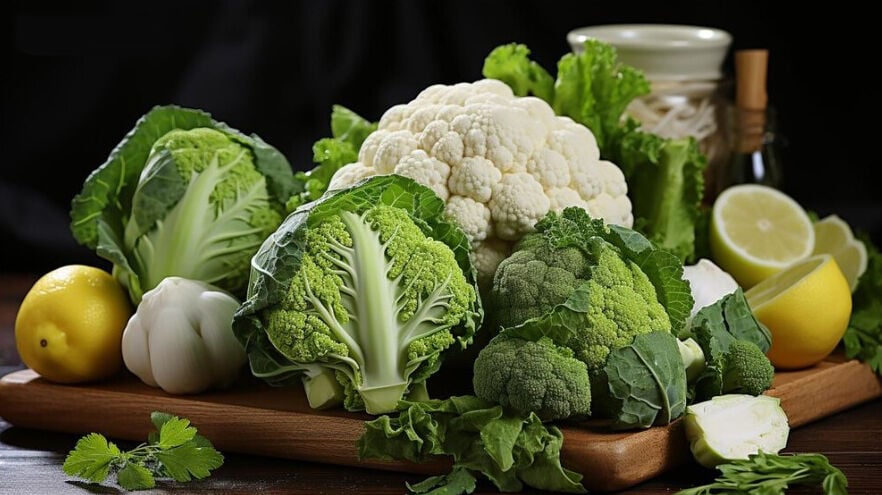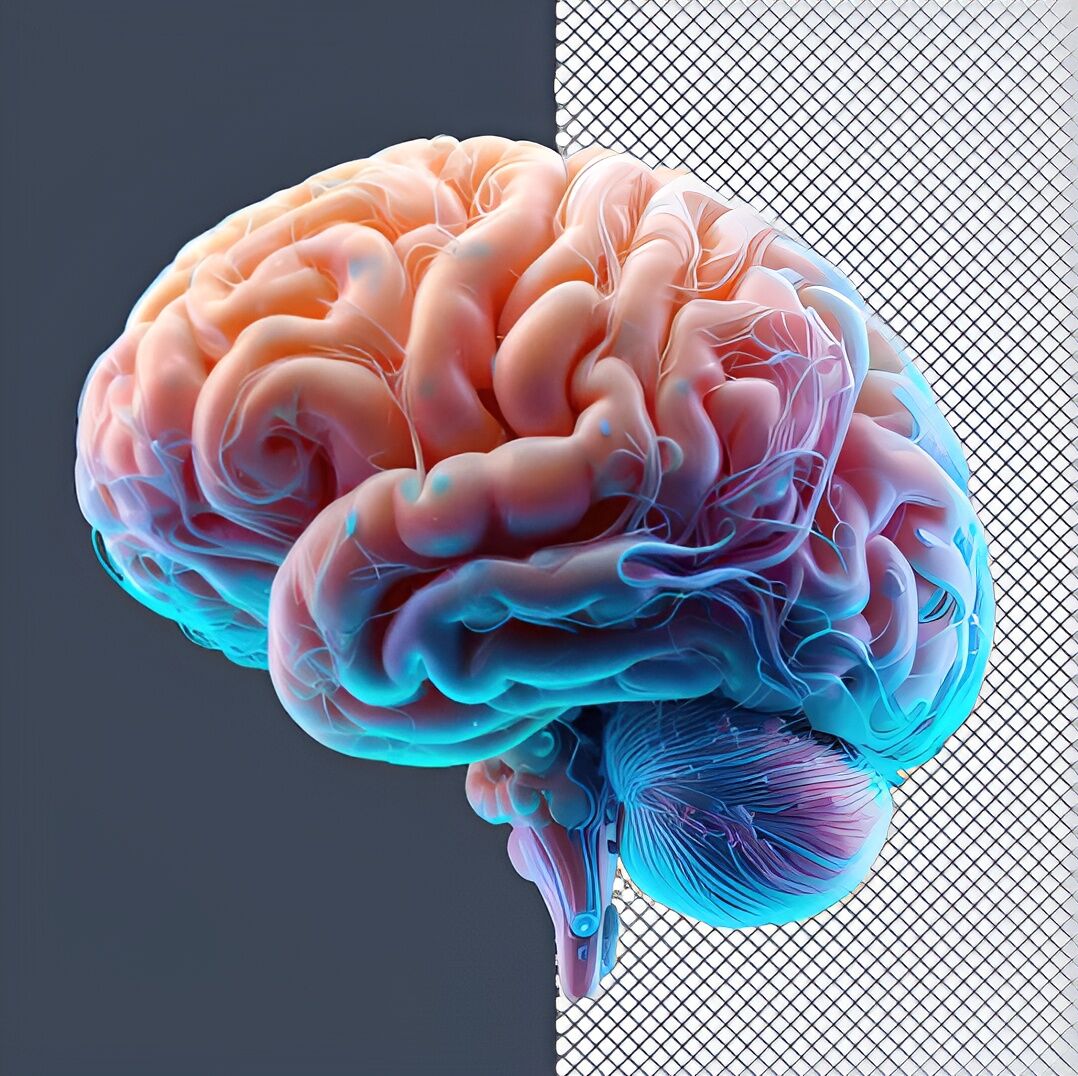A phytochemical from cruciferous vegetables helps protect the brain

Cruciferous vegetables like broccoli, cauliflower, and Brussels sprouts have long been hailed for their numerous health benefits. Recent studies have uncovered an exciting new advantage: a compound found in these vegetables may help protect your brain.
What is Indole-3-Carbinol (I3C)?
Indole-3-Carbinol (I3C) is a naturally occurring compound found in cruciferous vegetables. When these vegetables are chopped or chewed, I3C is produced from the breakdown of a substance called glucobrassicin. I3C has been shown to have various health benefits, including cancer prevention and improved liver function. But now, researchers are discovering its potential to protect the brain.
How does I3C protect the brain?
Our brains are constantly under threat from oxidative stress. This occurs when there is an imbalance between free radicals (harmful molecules) and antioxidants (protective molecules) in our bodies. Oxidative stress can damage brain cells, leading to neurodegenerative diseases such as Alzheimer’s and Parkinson’s.
I3C combats oxidative stress by boosting the body’s antioxidant defences. It does this by activating a pathway known as Nrf2-ARE. This pathway is crucial for producing antioxidants that neutralise free radicals and protect brain cells from damage.
The role of Brain-Derived Neurotrophic Factor (BDNF)
BDNF is a protein that plays a vital role in maintaining and repairing brain cells. It helps support the survival of existing neurons and encourages the growth and differentiation of new neurons and synapses. BDNF is essential for long-term memory and overall cognitive function.
I3C has been found to mimic the activity of BDNF. It activates the TrkB/Akt pathway, which promotes the production of BDNF and its downstream signalling. This activation helps protect brain cells from oxidative stress and inflammation, which are key factors in neurodegenerative diseases.
Research findings
A new study review has found that Indole-3-Carbinol (I3C) demonstrated neuroprotective effects.
For instance, research on mice showed that I3C supplementation significantly increased the levels of antioxidant-associated genes and reduced the production of pro-inflammatory genes. These findings suggest that I3C can help protect brain cells from oxidative damage and inflammation.

Additionally, I3C’s metabolite, Diindolylmethane (DIM), has been shown to have similar neuroprotective properties. DIM activates the same pathways as I3C, leading to increased production of BDNF and antioxidants. This dual action makes DIM a promising candidate for preventing and treating neurodegenerative diseases.
Practical applications
While the levels of I3C found in cruciferous vegetables are beneficial for the brain, obtaining therapeutic levels from diet alone can be challenging. Supplements can provide a concentrated dose of I3C, ensuring that you receive enough to potentially benefit from its neuroprotective properties.
Incorporating cruciferous vegetables into your diet is still highly recommended. These vegetables are not only a source of I3C but also provide essential nutrients and fibre that contribute to overall health. Aim to include a variety of these vegetables in your meals to maximise their benefits.
Future perspectives
The potential of I3C and its derivatives in treating neurodegenerative diseases is an exciting area of research. Scientists are exploring how these compounds can be used to develop new medications with high efficacy and minimal side effects. The hope is that one day, I3C-based treatments could offer significant protection against brain diseases like Alzheimer’s and Parkinson’s.
Moreover, the role of I3C in reducing inflammation and oxidative stress highlights its potential in other areas of health. Chronic inflammation and oxidative stress are linked to various diseases, including cardiovascular disease, cancer, and diabetes. By targeting these underlying processes, I3C could provide broad-spectrum health benefits.
The discovery of Indole-3-Carbinol’s neuroprotective effects adds to the growing list of benefits associated with cruciferous vegetables. While more research is needed to fully understand its potential, incorporating these vegetables into your diet is a simple and effective way to support brain health. As science progresses, we may soon see I3C-based supplements and medications that offer powerful protection against neurodegenerative diseases. For now, enjoy your broccoli and Brussels sprouts, knowing that they are not only good for your body but also for your brain.
Latest Thailand News
Follow The Thaiger on Google News:


























